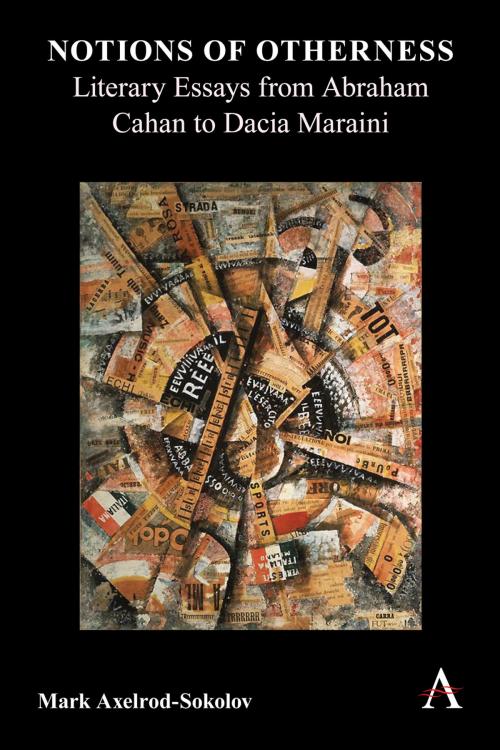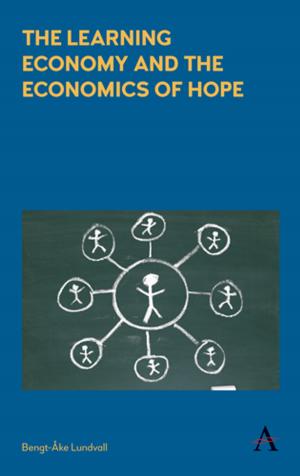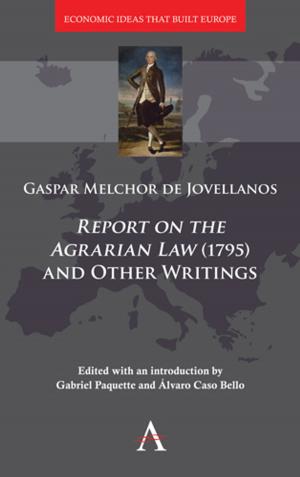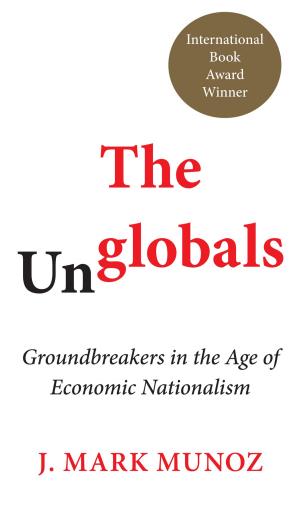Notions of Otherness
Literary Essays from Abraham Cahan to Dacia Maraini
Fiction & Literature, Literary Theory & Criticism| Author: | Mark Axelrod-Sokolov | ISBN: | 9781783089307 |
| Publisher: | Anthem Press | Publication: | April 30, 2019 |
| Imprint: | Anthem Press | Language: | English |
| Author: | Mark Axelrod-Sokolov |
| ISBN: | 9781783089307 |
| Publisher: | Anthem Press |
| Publication: | April 30, 2019 |
| Imprint: | Anthem Press |
| Language: | English |
Defining what one means by the notion of ‘otherness’ is no mean feat. Typing the word into JSTOR results in no fewer than 39,000 citations. One can be overwhelmed with notions of what constitutes ‘otherness’.
To a great extent, the essays in ‘Notions of Otherness’ approach specific texts (e.g., Sarraute’s ‘Tropisms’) and philosophies (e.g., Lawrence’s ‘Ranamin’) as reflective of Simmel’s notion of the Stranger whose membership within the group, described in the Spring 2010 issue of ‘Social Research’, involves both being outside it and confronting it.
The entirety of the literary texts that have been written about (Cahan, Woolf, Schulz, Lawrence, Ionesco, Duras, Wittig and Maraini) have been addressed from the perspective of being ‘outside the group’ and ‘confronting’ the group both from a sociological perspective and an aesthetic one. Challenging male authority is one example of being outside the group; challenging traditional notions of writing fiction is another aspect of being outside the group; challenging one’s own loss of culture or being forced to do so is being outside the group and advocating a fascist form of living within a democracy is yet another aspect of being outside the group. Each of these texts challenges ‘codes of otherness’ and by so doing manifest notions of otherness in a distinctly unique manner.
Defining what one means by the notion of ‘otherness’ is no mean feat. Typing the word into JSTOR results in no fewer than 39,000 citations. One can be overwhelmed with notions of what constitutes ‘otherness’.
To a great extent, the essays in ‘Notions of Otherness’ approach specific texts (e.g., Sarraute’s ‘Tropisms’) and philosophies (e.g., Lawrence’s ‘Ranamin’) as reflective of Simmel’s notion of the Stranger whose membership within the group, described in the Spring 2010 issue of ‘Social Research’, involves both being outside it and confronting it.
The entirety of the literary texts that have been written about (Cahan, Woolf, Schulz, Lawrence, Ionesco, Duras, Wittig and Maraini) have been addressed from the perspective of being ‘outside the group’ and ‘confronting’ the group both from a sociological perspective and an aesthetic one. Challenging male authority is one example of being outside the group; challenging traditional notions of writing fiction is another aspect of being outside the group; challenging one’s own loss of culture or being forced to do so is being outside the group and advocating a fascist form of living within a democracy is yet another aspect of being outside the group. Each of these texts challenges ‘codes of otherness’ and by so doing manifest notions of otherness in a distinctly unique manner.















